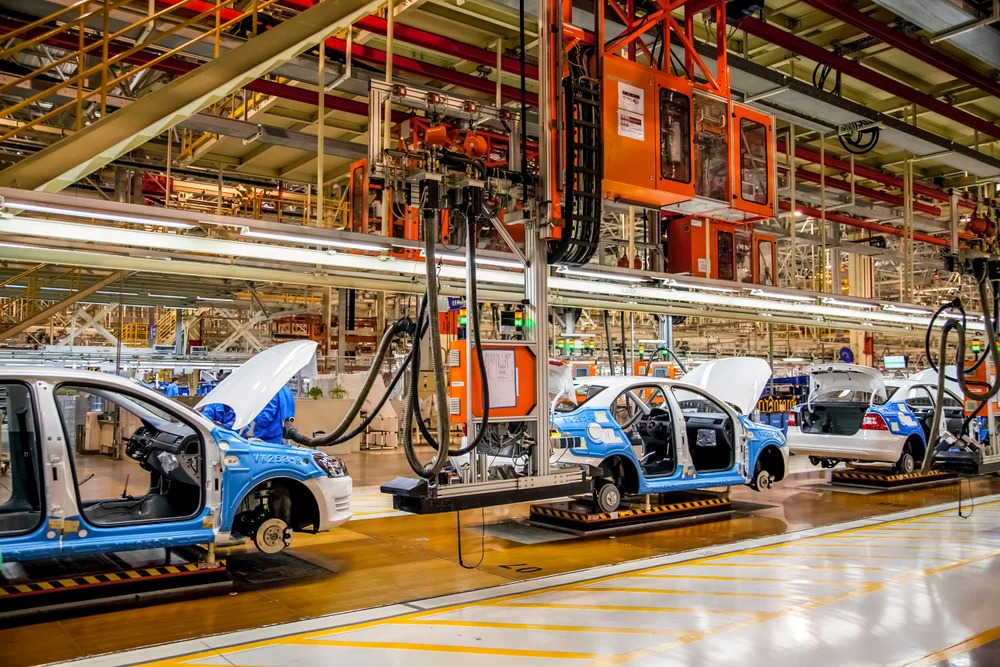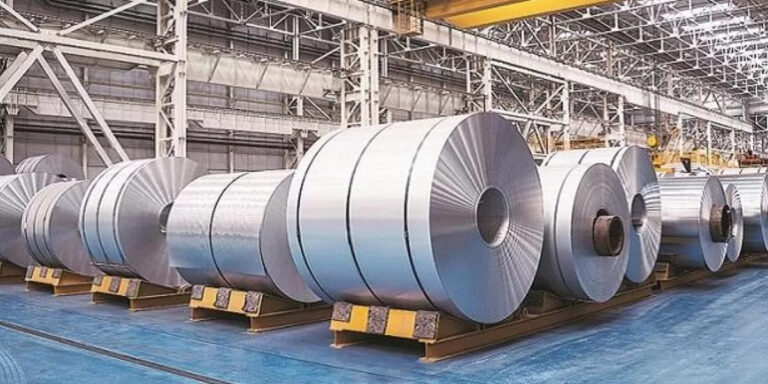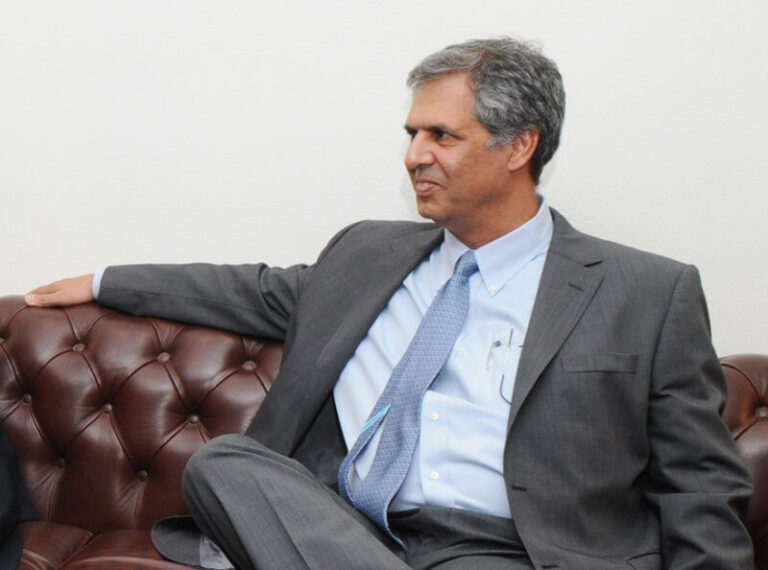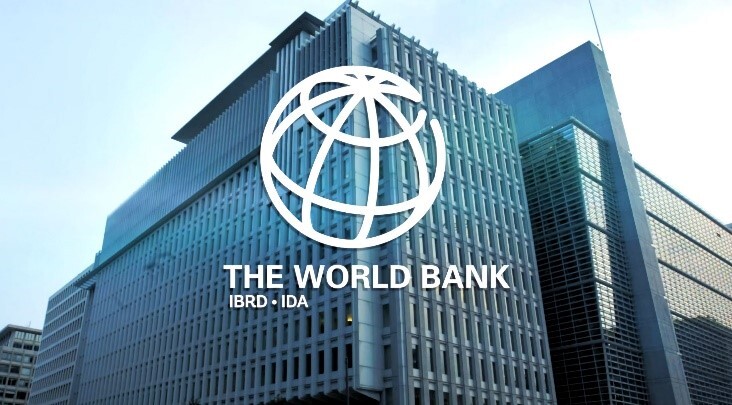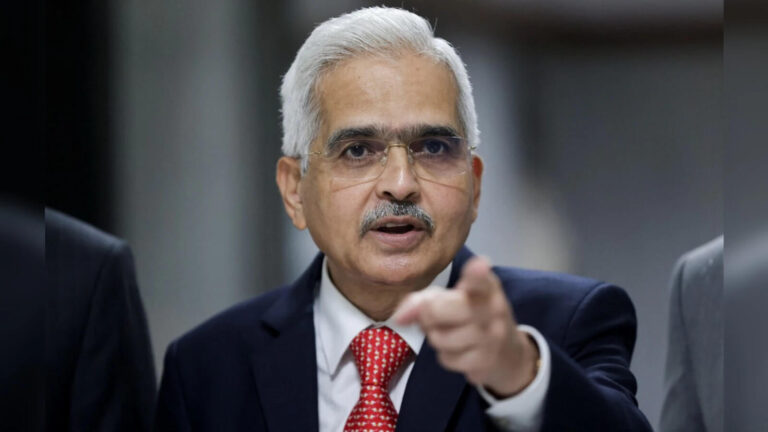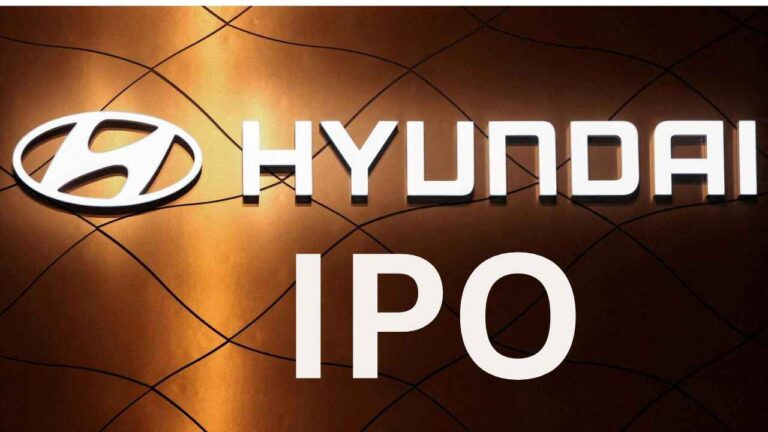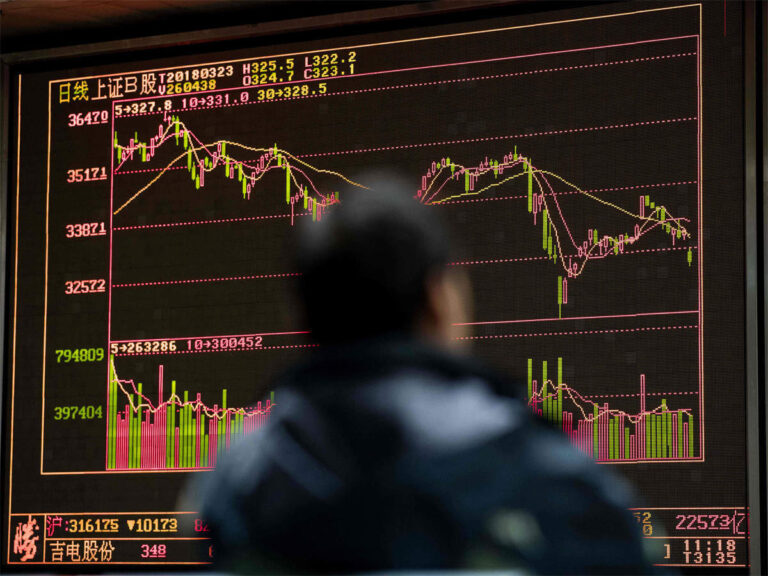China has strongly advised its carmakers to ensure that advanced electric vehicle (EV) technology remains within the country, according to people familiar with the matter. This comes even as Chinese automakers are building factories worldwide to circumvent punitive tariffs on Chinese exports.
Beijing is encouraging automakers to export so-called knock-down kits to their overseas plants, the sources said. These kits involve producing key vehicle components domestically before sending them for final assembly in the destination market.
In a July meeting, China’s Ministry of Commerce gathered with more than a dozen automakers. During the meeting, they were advised not to make any auto-related investments in India, according to those familiar with the discussions. This move is seen as another effort to safeguard China’s EV industry expertise and mitigate regulatory risks.
Additionally, automakers looking to invest in Turkey are required to first notify the Ministry of Industry and Information Technology, which oversees China’s EV sector, as well as the local Chinese embassy in Turkey.
These instructions coincide with major Chinese companies like BYD Co. and Chery Automobile Co. moving forward with plans to establish factories in countries from Spain to Thailand and Hungary, as their innovative and cost-effective EVs gain traction in global markets.
Representatives from the Ministry of Commerce (MOFCOM) did not respond to a request for comment.
China’s directive comes as most major Chinese automakers seek to localize manufacturing to avoid tariffs on Chinese-made electric vehicles (EVs). MOFCOM’s guidelines, which require key production to remain in China, could hinder efforts to globalize as automakers face fierce competition and sluggish domestic sales cutting into their profits.
This directive could also be a setback for European nations hoping to attract Chinese carmakers to create jobs and boost local economies. For example, BYD is planning a factory in Turkey with an annual capacity of 150,000 cars, expected to employ up to 5,000 people.
During the July meeting, MOFCOM emphasized that the countries inviting Chinese automakers to build factories are often the same ones imposing or considering trade barriers against Chinese vehicles. Officials advised manufacturers not to blindly follow trends or rely on foreign governments’ calls for investment, according to the sources.
Several Chinese companies have already begun establishing plants in the European Union to avoid tariffs. However, Valdis Dombrovskis, an executive vice president of the European Commission, recently warned that such moves would only be effective if the firms meet rules-of-origin requirements, which dictate that a minimum level of value must be created within the EU.
“How much of the value added is going to be created in the EU, how much of the know-how is going to be in the EU? Is it just an assembly plant or a car manufacturing plant? It’s quite a substantial difference,” Dombrovskis told the Financial Times last month.
In Brazil, BYD and Great Wall Motor Co. have both announced plans to increase the share of locally produced and sourced components in the coming years. This aims to meet local content requirements of approximately 50%, allowing exports to other Latin American countries without tariffs, based on Brazil’s trade agreements.
In Turkey, politicians announced in July that BYD had agreed to build a $1 billion plant in the west of the country. The factory is expected to enhance BYD’s access to the European Union, as Turkey has a customs-union agreement with the bloc. In June, Turkey imposed a 40% tariff on vehicle imports from China.
BYD declined to comment.
In Spain, Chery Automobile has partnered with a local company to reopen a former Nissan Motor Co. plant in Barcelona. The facility will assemble cars from partially “knocked down” kits, according to Chery.
Meanwhile, tensions between China and India remain high following a deadly clash in 2020 along a disputed Himalayan border.
Chinese state-owned automaker SAIC Motor Corp., which controls MG Motor India, faced an investigation into financial irregularities in 2022, according to Bloomberg. Last year, SAIC reduced its stake in MG Motor India, with its ownership expected to shrink to 38-40% over time, according to local media.
Chinese EV stocks pared early gains on Thursday, with SAIC Motor falling more than 1% in Shanghai and Geely Automobile Holdings Ltd. and BYD slightly down in Hong Kong.

